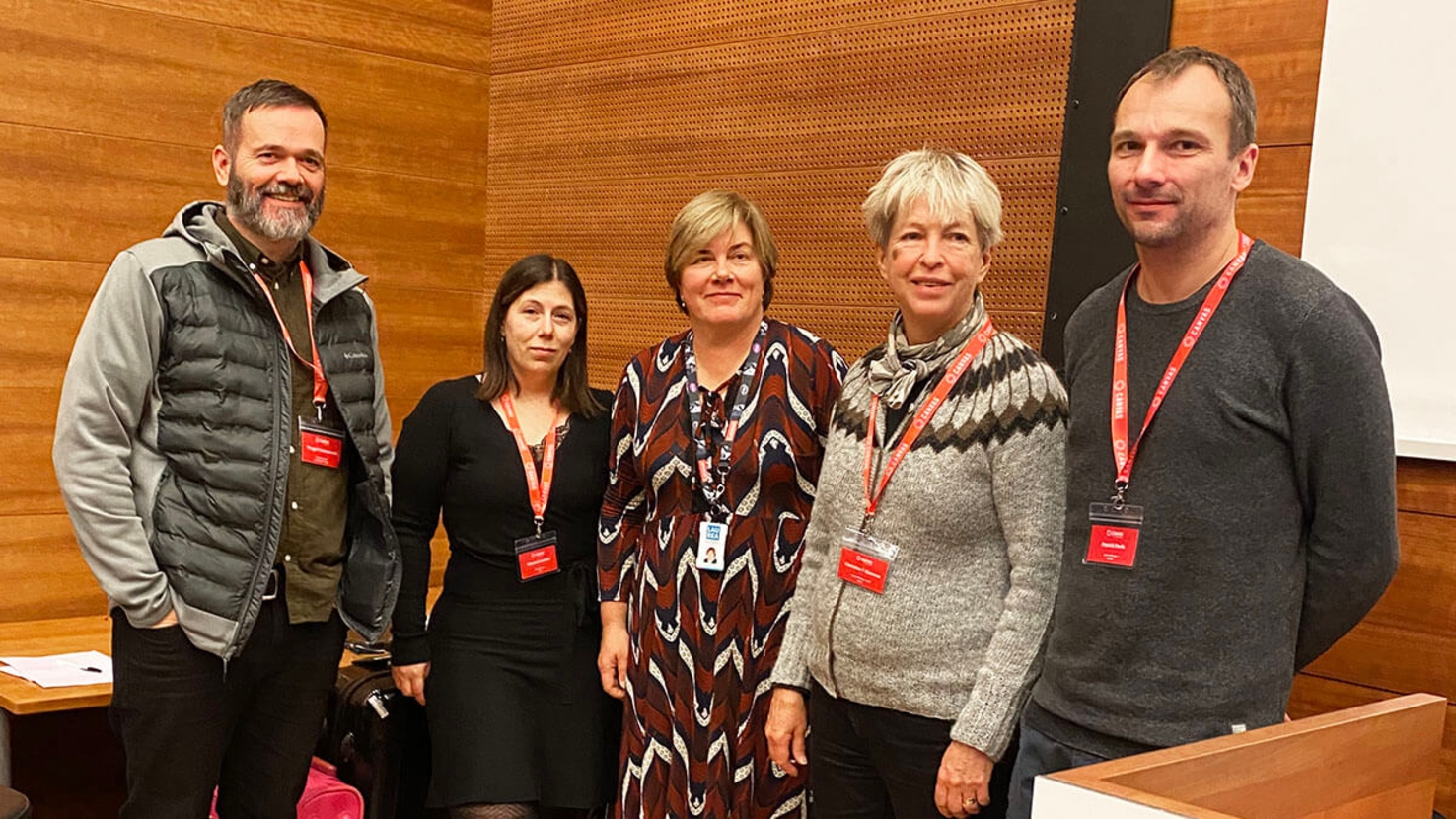Users of Canvas came together at Laurea: “Future learning is flexible”
Nordic users of the Canvas learning platform met at Laurea to share experiences and network.

Laurea was a pioneer in Finland when it introduced the Canvas learning platform as the first higher education institution in 2020. In other Nordic countries, Canvas already has a larger user base. At the end of October, Canvas users gathered at Laurea to share experiences, learn and network with each other.
The Canvas learning platform introduced as part of Laurea's digital reform has renewed both online studies and digital pedagogy. For students, it is a modern, versatile and accessible learning solution. For teachers, it provides a versatile and efficient tool that supports the sharing and utilisation of learning material as well as evaluation and giving feedback.
Popular in other Nordic countries
In October, Laurea organised a networking event on the Tikkurila campus for the Nordic users of Canvas together with the Swedish University Computer Network (Sunet) and Norwegian Agency for Shared Services in Education and Research (Sikti).
A total of nearly 100 participants from all Nordic countries participated in the event. Canvas is considerably more common in other Nordic countries compared to Finland, and 29 higher education institutions in Sweden have selected it as their learning platform.
The topics of the day included engaging users to use the platform, various integrations and the utilisation of Master’s degree study units. The day also offered the participants the opportunity to network.
Beginning of Nordic cooperation
- Today was an excellent start for Nordic cooperation between the users of Canvas. We got the opportunity to meet and share experiences, which is always valuable, said Christina Vesterlund Hansson, Service Manager of the Sunet network.
Hansson is an Education Developer at the Blekinge Institute of Technology in Sweden. In their eyes, flexibility, versatility and ease of use are the strengths of the learning platform:
- Thanks to the pandemic, distance and hybrid education have come to higher education institutions to stay. Future learning will be more flexible, and students know that flexible learning is possible regardless of the location, Hansson describes.
- When students visit the campus in person, they value discussions and exchange of ideas rather than lectures.